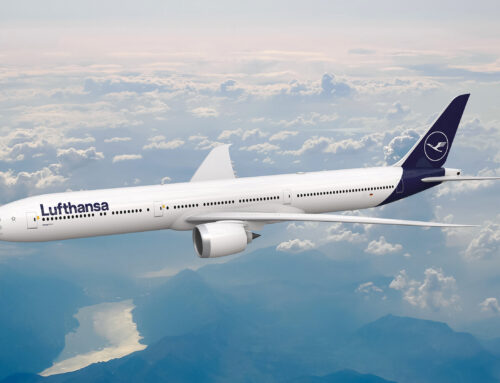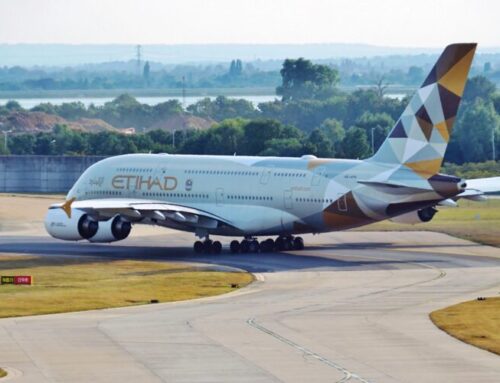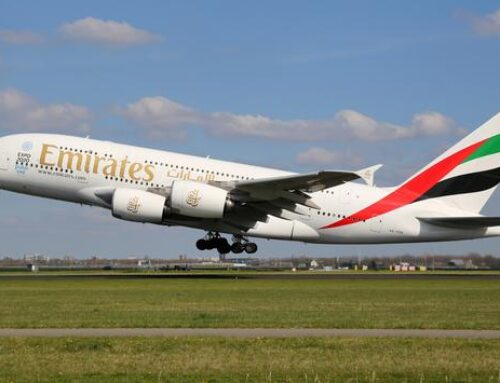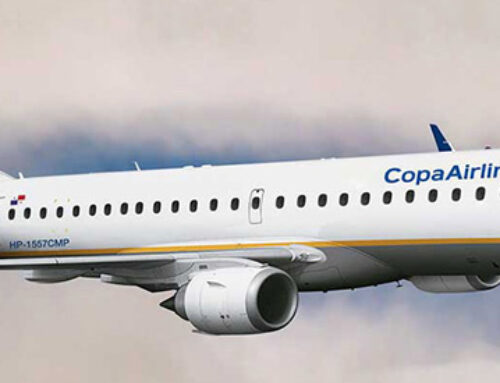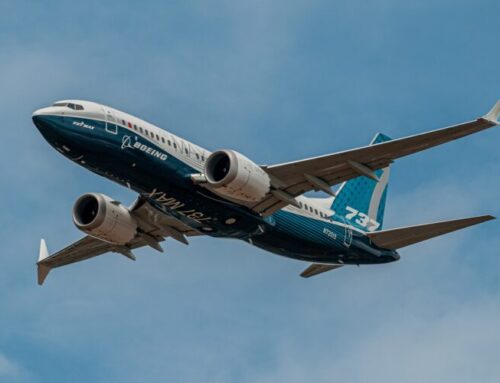
The National Transportation Safety Board (NTSB) is advocating for the Federal Aviation Administration (FAA) to require all aircraft equipped with a cockpit voice recorder (CVR) and flight data recorder (FDR) to have the capability to record 25 hours of cockpit audio.
This push comes in contrast to the current standard, which allows for only two hours of recording before being overwritten. The NTSB’s recommendation aims to preserve critical flight information, highlighted by the recent investigation challenges faced during the Alaska Airlines 737-9 MAX incident.
While the FAA has proposed mandating 25-hour CVRs for newly manufactured aircraft, citing a cost projection of $741.28 million for retrofitting existing fleets, the NTSB disputes this figure and emphasizes the importance of extending the requirement to include current aircraft. The NTSB argues that the FAA’s analysis overestimates the impacted fleet size and costs, suggesting that a more focused application of the rule to planes mandatorily equipped with both CVRs and FDRs would significantly reduce the financial burden.
Internationally, the adoption of 25-hour CVR requirements by the European Union Aviation Safety Agency (EASA) and the International Civil Aviation Organization (ICAO) for new heavy long-haul aircraft underscores the global move toward enhanced flight data preservation. The NTSB’s stance aligns with these international standards, advocating for comprehensive coverage that includes both new and existing aircraft to avoid gaps in crucial flight data analysis.
The NTSB’s call for a revised cost-benefit analysis by the FAA reflects the critical role of CVRs in accident investigations, offering insights into flight crew actions, decision-making processes, and emergency responses. By extending the 25-hour recording mandate to all aircraft, the NTSB aims to ensure that future investigations are not compromised by limited data availability, thereby enhancing aviation safety and accountability.
Sources: AirGuide Business airguide.info, bing.com, forbes.com

